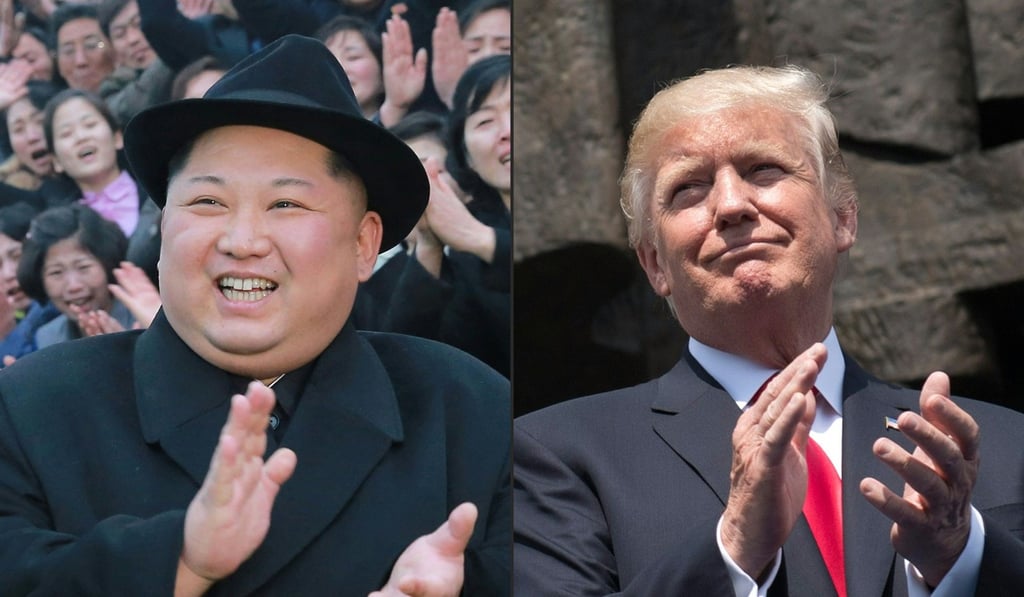On Reflection | For China and Japan, is this Trump’s ‘Nixon shock’?
Annoyed with a US president who seems to change policy at whim, Japan and China show a sudden desire to improve relations. Sound familiar?

Wasting little time, prime minister Eisaku Sato began his own overtures to China. His eventual successor, Kakuei Tanaka, visited Beijing in the autumn of 1972, just a few months after Nixon. From that point, Japan felt put on notice that it would have to chart more of its own course in foreign policy.
Abe’s nuclear disaster: why has Japan been shut out of North Korea talks?
This week, there has been wide coverage of a new warmth in the relationship between China and Japan. The chilly looks and words between Abe and Xi of just a year or two ago seem to have been replaced by a flurry of visits and plans for visits. The Chinese president and Japanese premier recently spoke on the phone for the first time and Chinese Premier Li Keqiang has just finished a three-day tour of Japan, the first by a major Chinese leader since 2010, during which he met the Emperor. With the relationship between the two sides still sensitive because of unreconciled issues over Japanese crimes during the second world war, this is a startling development indeed.

Yet it needs to be seen from both a short- and long-term perspective. In the short term, there is one reason why China and Japan might need to be on the same page: Korea. Nobody quite knows where the current negotiations may go, but there seems to be an unease both in Beijing and Tokyo about their two capitals being cut out of the loop while a maverick DC establishment cuts a deal with both Koreas.
There are supplementary reasons too. With much of the rest of the world, Tokyo and Beijing sit in the same place when it comes to wanting to preserve the Iran nuclear deal. But compared to Europe, China and Japan stand to suffer more if that deal falls through. The North Korean talks could stall if, having seen Trump reverse Washington’s position on the Tehran deal, Pyongyang decides it cannot trust the US to keep to its word.
